During a recent antitrust trial, Andy Groff, Kroger’s Senior Director for Pricing, admitted that the company raised the prices of essential items like eggs and milk beyond the inflation rate.
This acknowledgment came while he was testifying before a Federal Trade Commission attorney, revealing a strategy to increase prices above normal inflationary adjustments.
Strategy to Pass Inflation Costs to Consumers
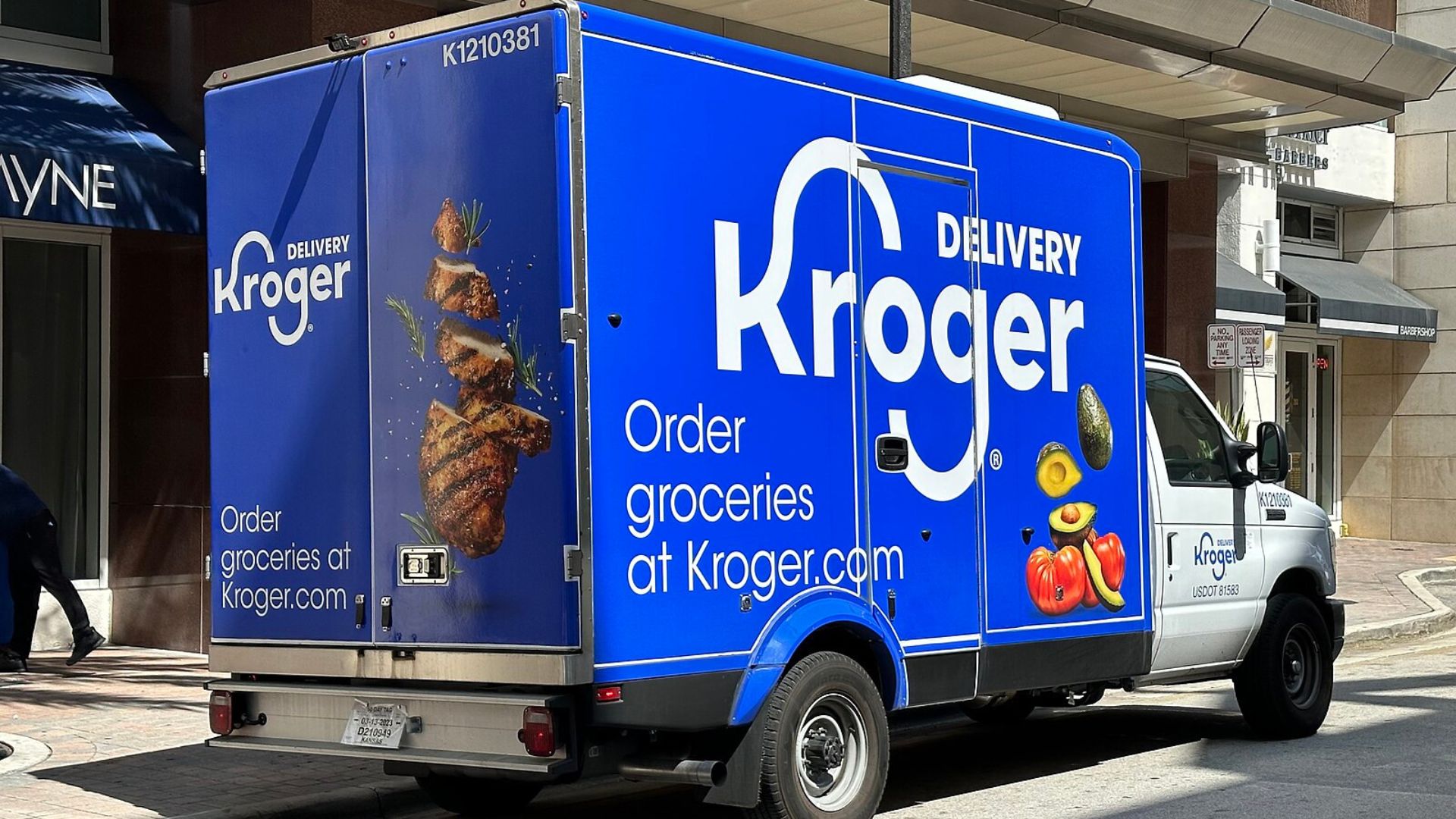
Andy Groff’s testimony included an explanation that Kroger’s pricing tactics were designed to “pass through our inflation to consumers.”
This was supported by an internal email that showed Kroger’s retail inflation for milk and eggs was “significantly higher than cost inflation,” indicating a deliberate choice to increase prices more than the inflationary costs would necessitate.
Financial Analyst Comments on Corporate Profit Trends

Drew Powers from Illinois-based Powers Financial Group commented on the situation.
He noted, “Companies across multiple industries have been posting record profits since the COVID-19 crisis while consumers have faced the highest inflation in recent history. The math can only point to companies raising prices above the general level of inflation.”
Kroger Spokesperson Defends Company Pricing Policy
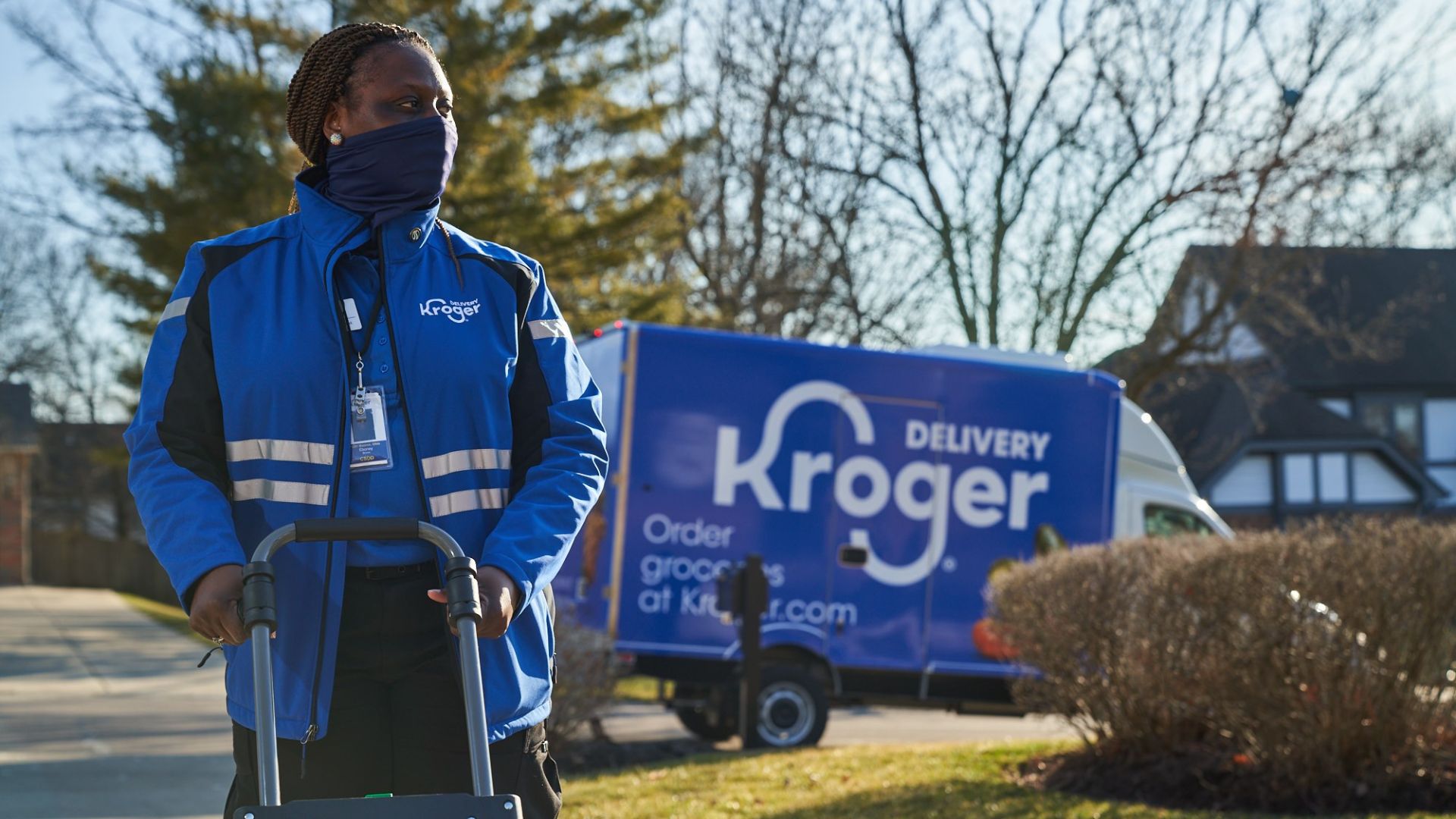
Responding to the revelations from the trial, a Kroger spokesperson argued that the comments made by Groff were “cherry-picked” and claimed they “do not reflect Kroger’s decades-long business model to lower prices for customers by reducing its margins.”
This statement was aimed at mitigating the impact of the disclosures made during the trial.
Economic Experts Weigh in on Grocery Pricing
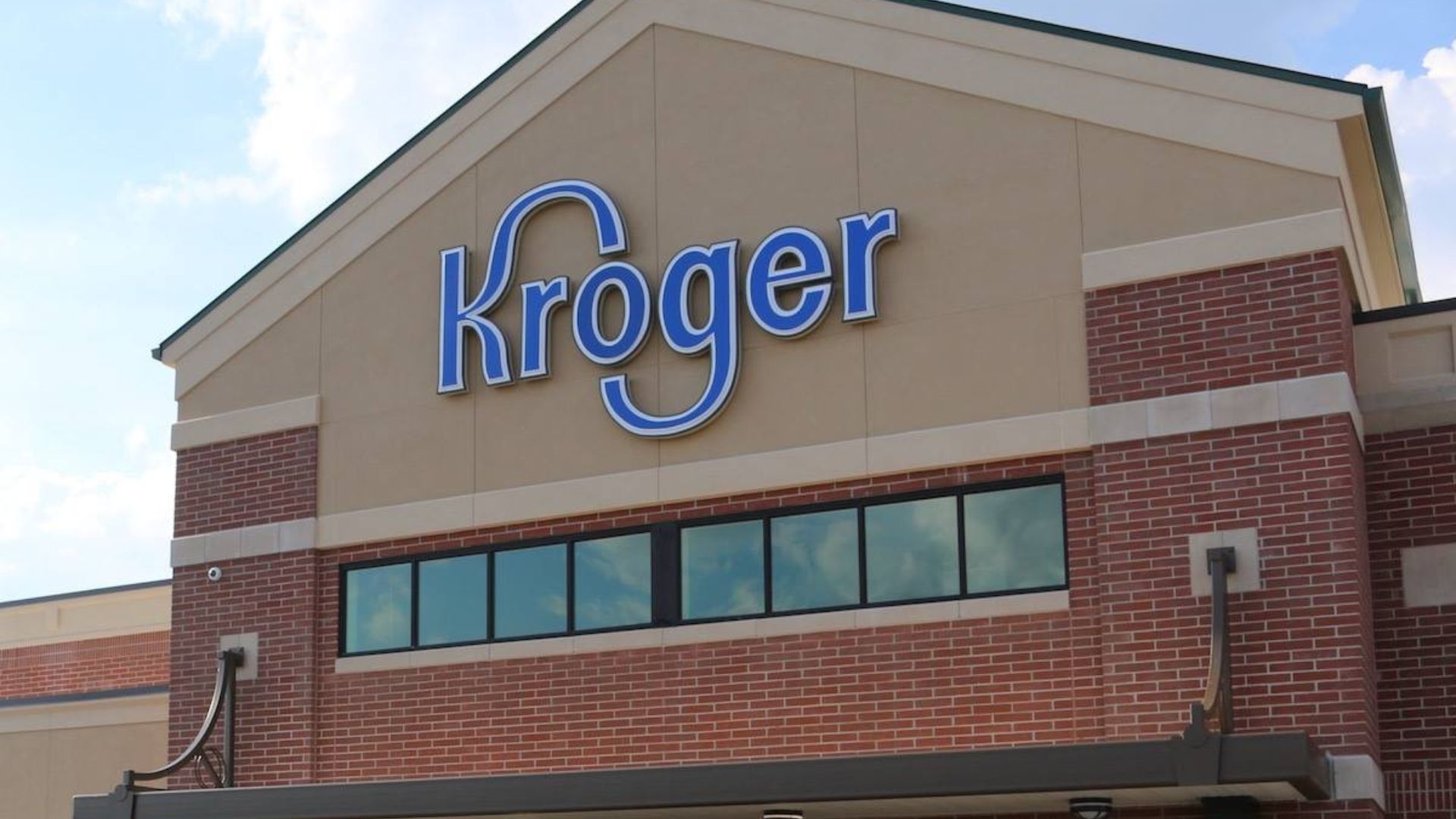
Economist Alex Beene offered insight into the broader economic impacts, suggesting that while supply chain issues and rising costs contributed to higher prices, the deliberate elevation of prices by businesses like Kroger complicates the narrative.
Beene told Newsweek, “Comments like this, despite their honesty, call into question the explanations Americans have been given for the last three years on inflation.”
Potential Implications of Kroger-Albertsons Merger
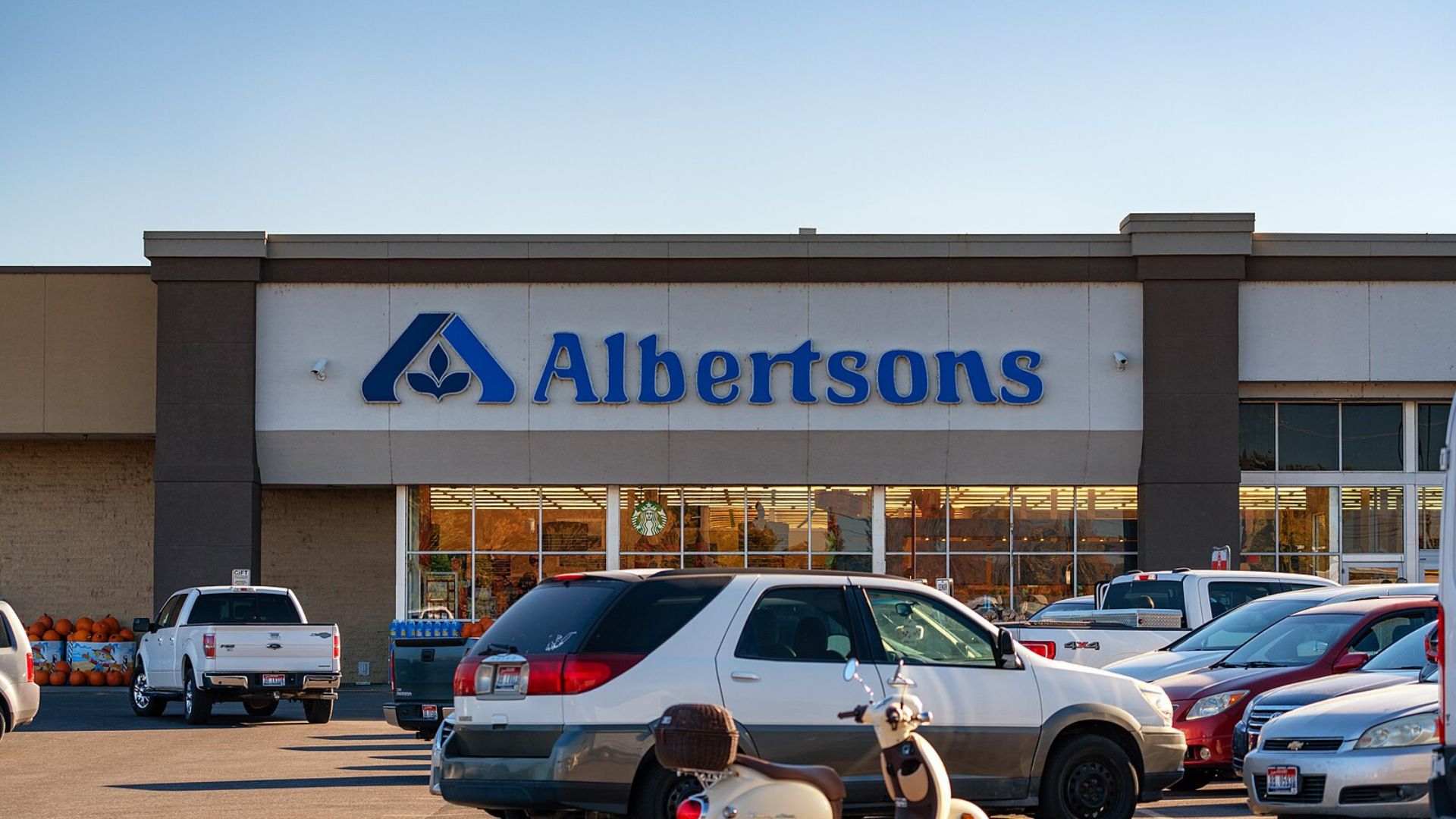
The trial also addressed concerns regarding Kroger’s proposed acquisition of Albertsons.
The Federal Trade Commission is scrutinizing the merger, fearing it could lead to higher prices due to reduced competition in the grocery market. This case is pivotal in understanding how such consolidations could affect consumer pricing.
Historical Context of Corporate Price Gouging
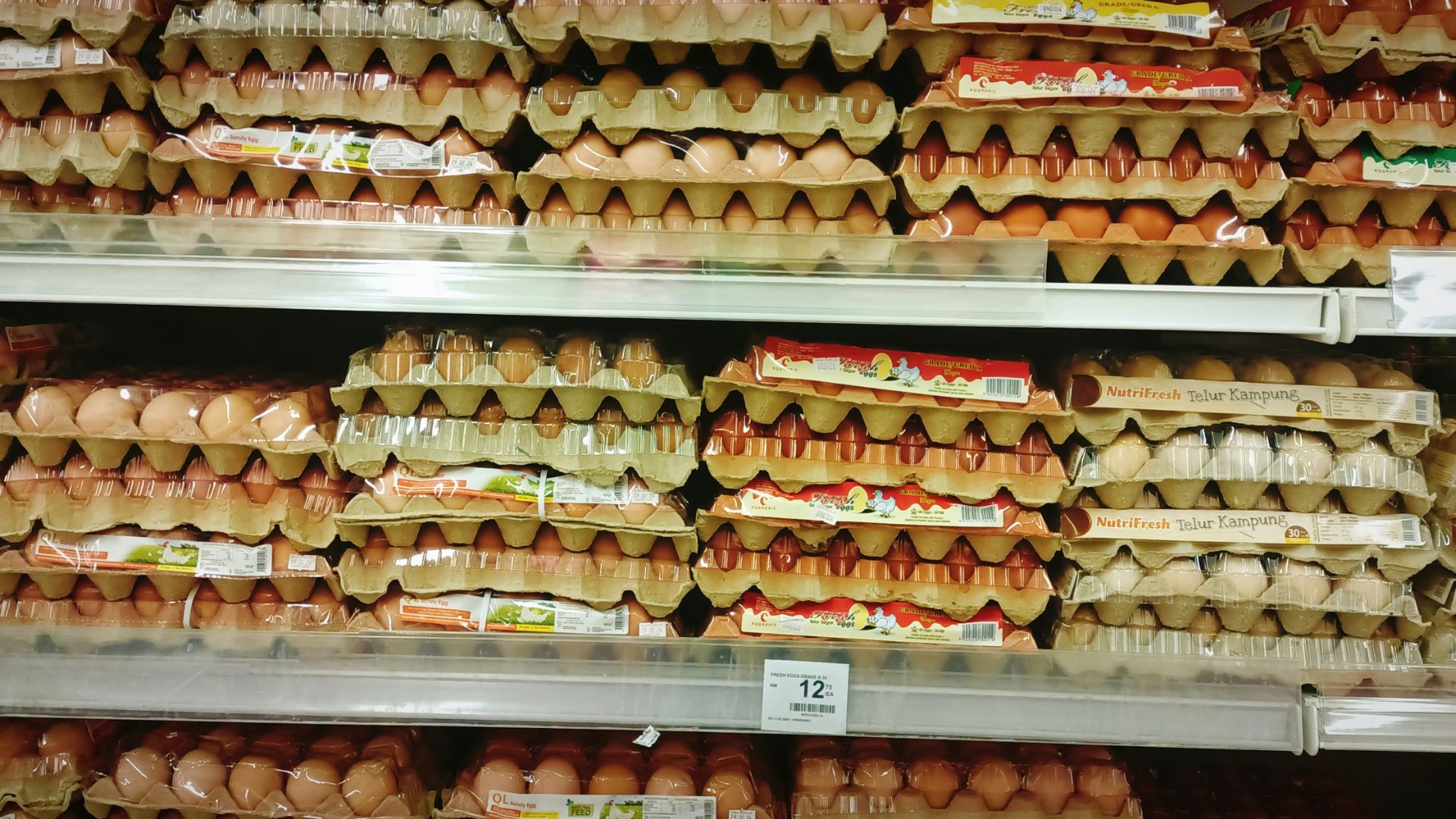
Drew Powers highlighted the historical leniency towards companies that engage in price gouging, noting minimal repercussions compared to the profits earned.
He speculated on whether Kroger would face more severe consequences given the timing and visibility of these admissions during the FTC hearings.
Shift Towards Oligarchic Market Structures
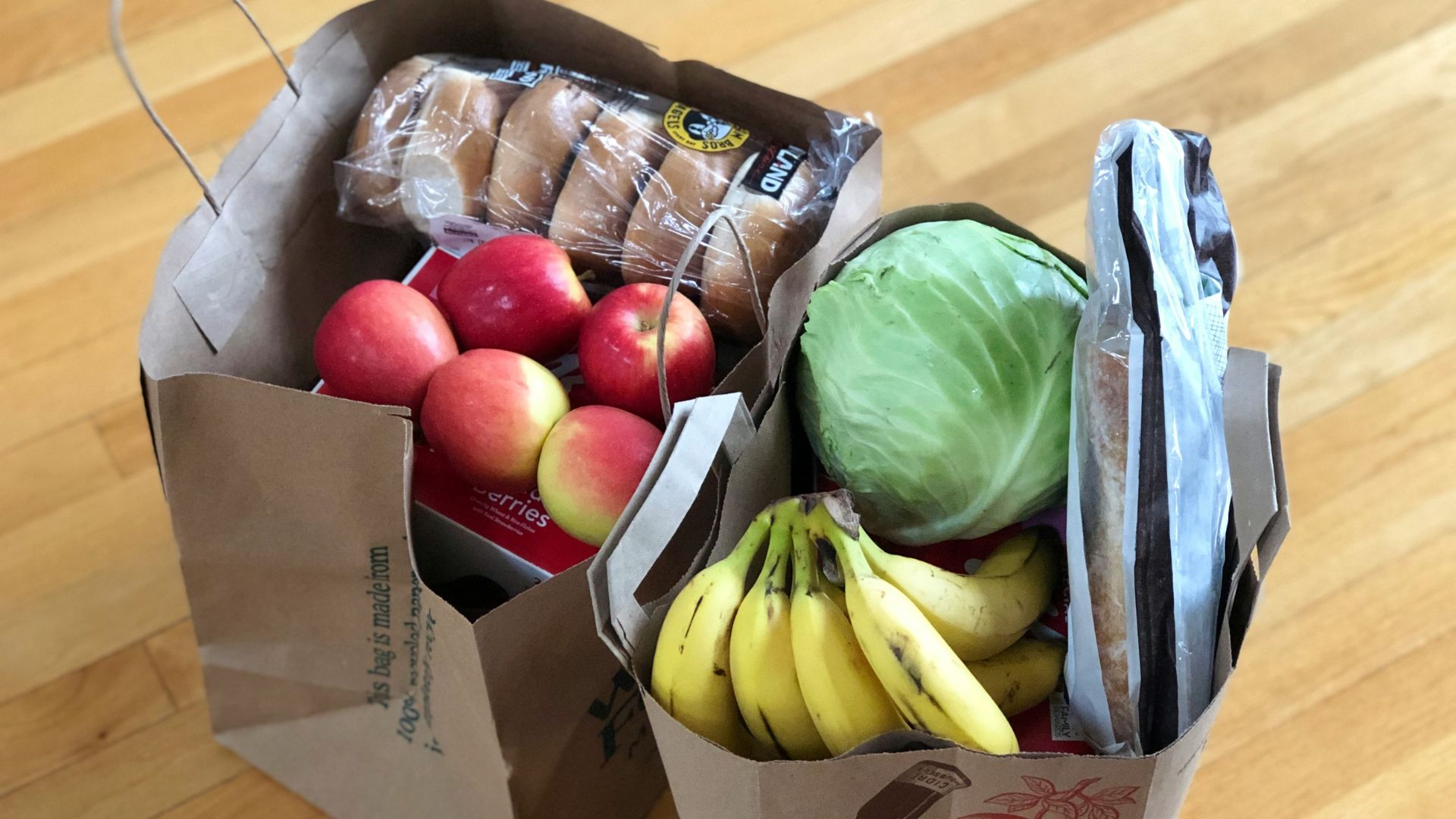
Kevin Thompson, founder and CEO of 9i Capital Group, discussed the shift in market dynamics, suggesting a move away from traditional capitalist structures towards oligarchies with fewer, larger players.
This trend reduces competition and consumer choice, fundamentally altering the competitive landscape of industries like grocery retailing.
Executive Compensation and Pricing Strategies
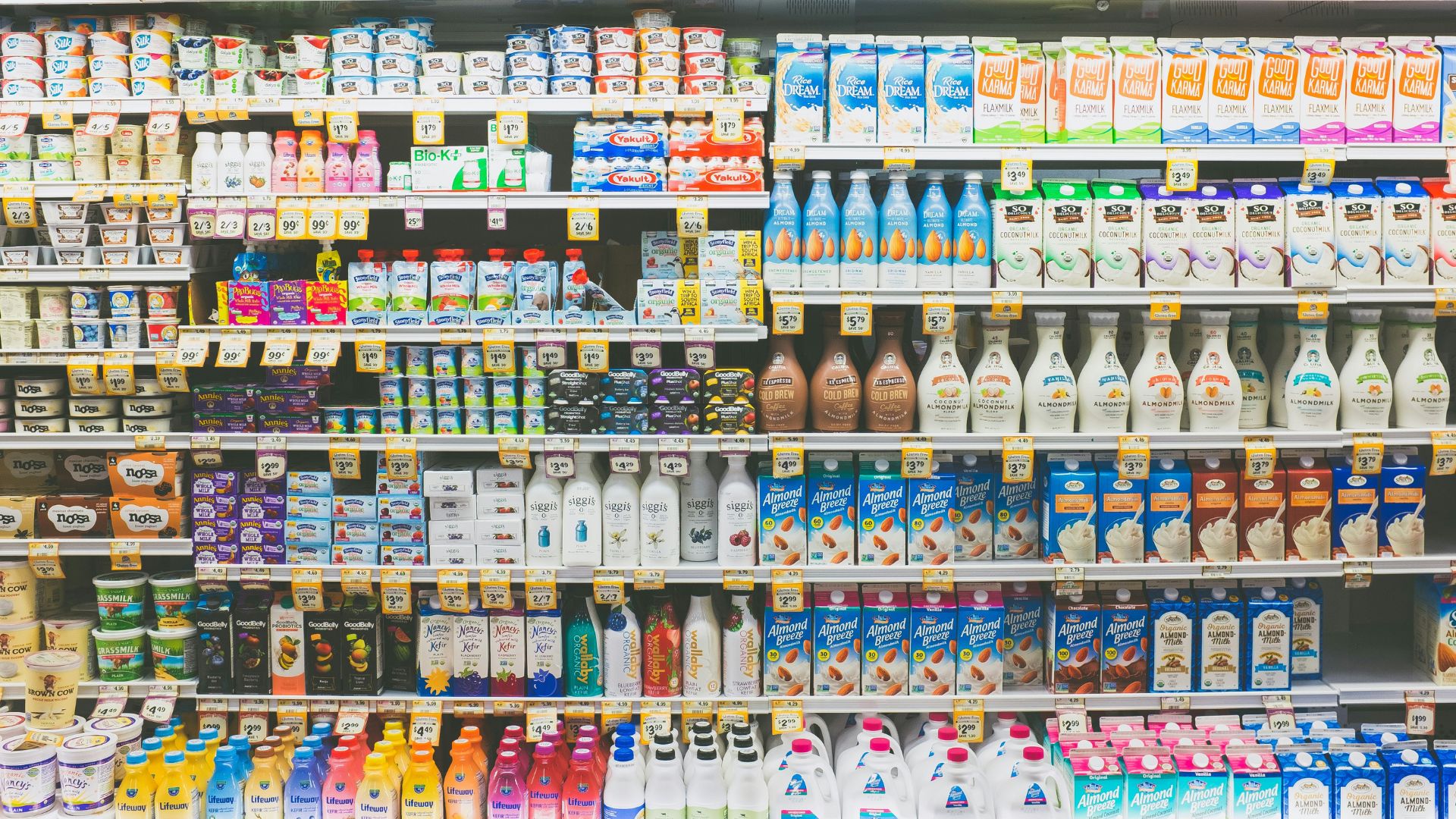
Thompson also touched on how executive compensation structures might influence pricing strategies, aiming to maximize shareholder returns often at the cost of consumer affordability.
“This pricing strategy was likely implemented to maximize profits,” he said, indicating a systemic issue across the retail sector.
Blunt Admissions and Industry Norms
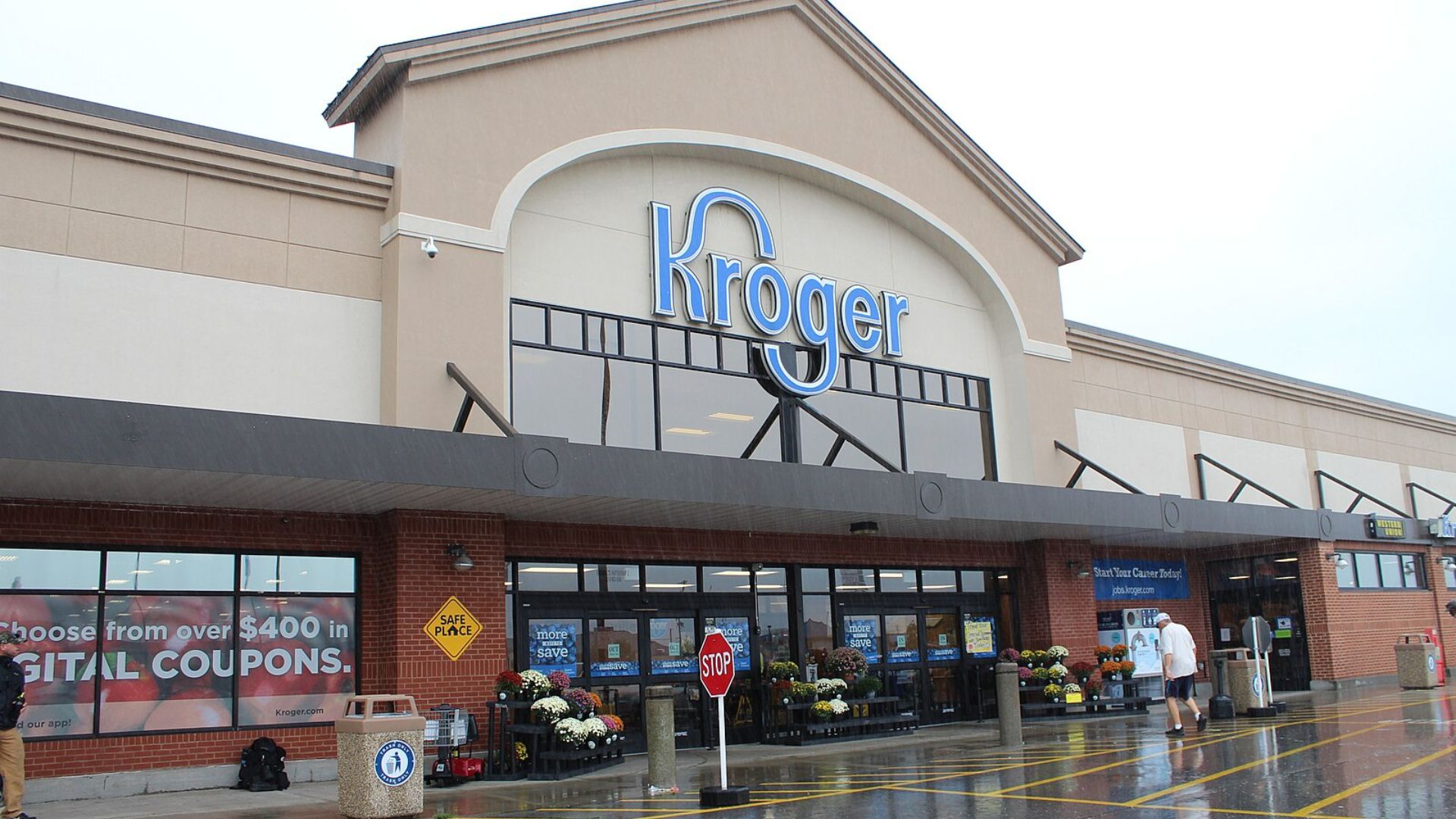
Michael Ryan, a finance expert and founder of michaelryanmoney.com, likened Kroger’s admission to a child caught misbehaving, boldly acknowledging the action instead of denying it.
He told Newsweek, “Kroger’s not alone in this game,” suggesting that such pricing strategies might be widespread among major grocery chains.
Consumer Response to Pricing Policies
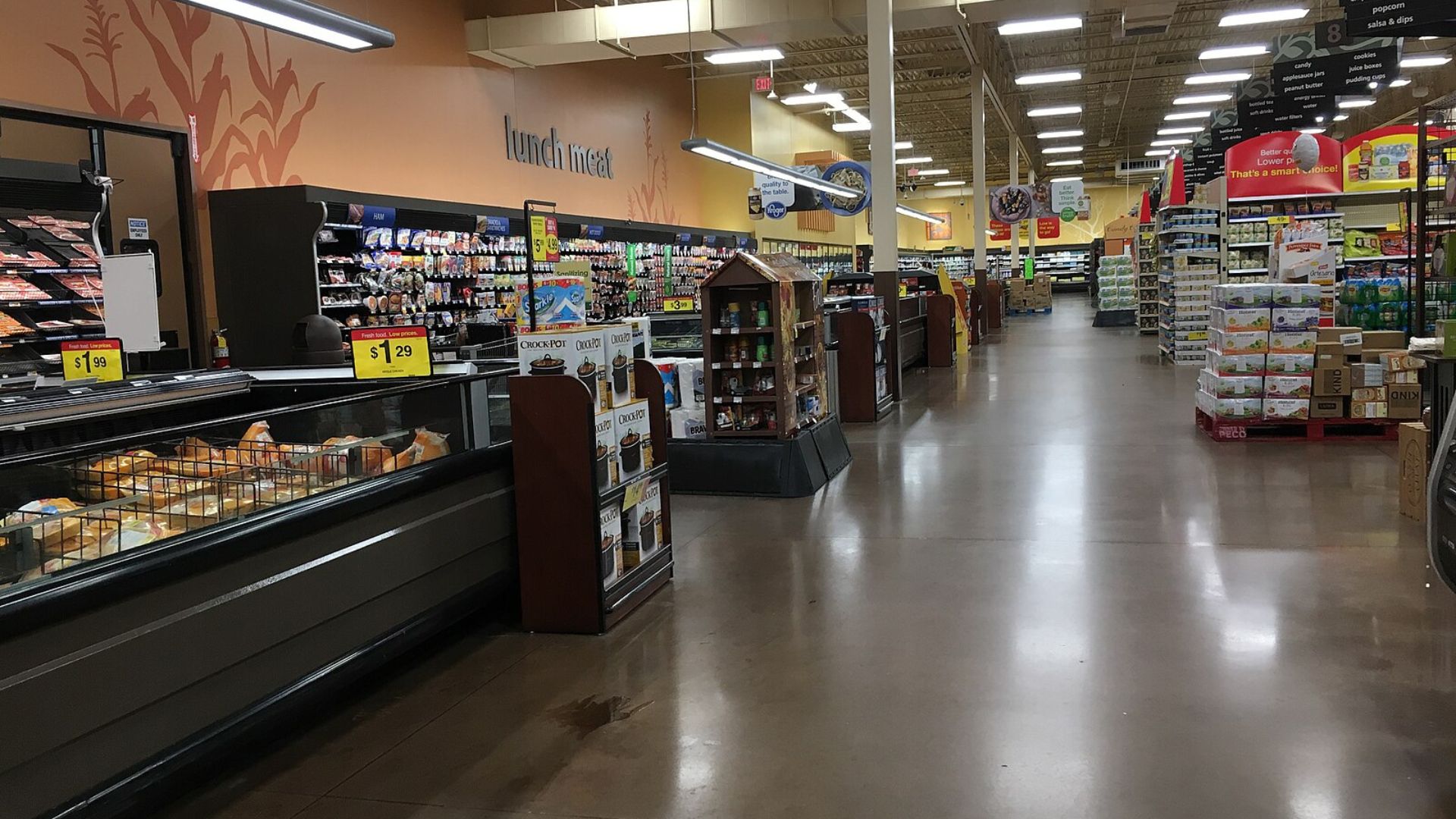
According to Ryan, the consumer reaction to perceived price gouging can be swift and decisive.
He observed that customers are quick to abandon loyalty when they feel exploited, which could prompt a significant shift in where consumers choose to shop, potentially impacting Kroger’s market share and customer base.
Future Trends in Grocery Pricing and Regulation
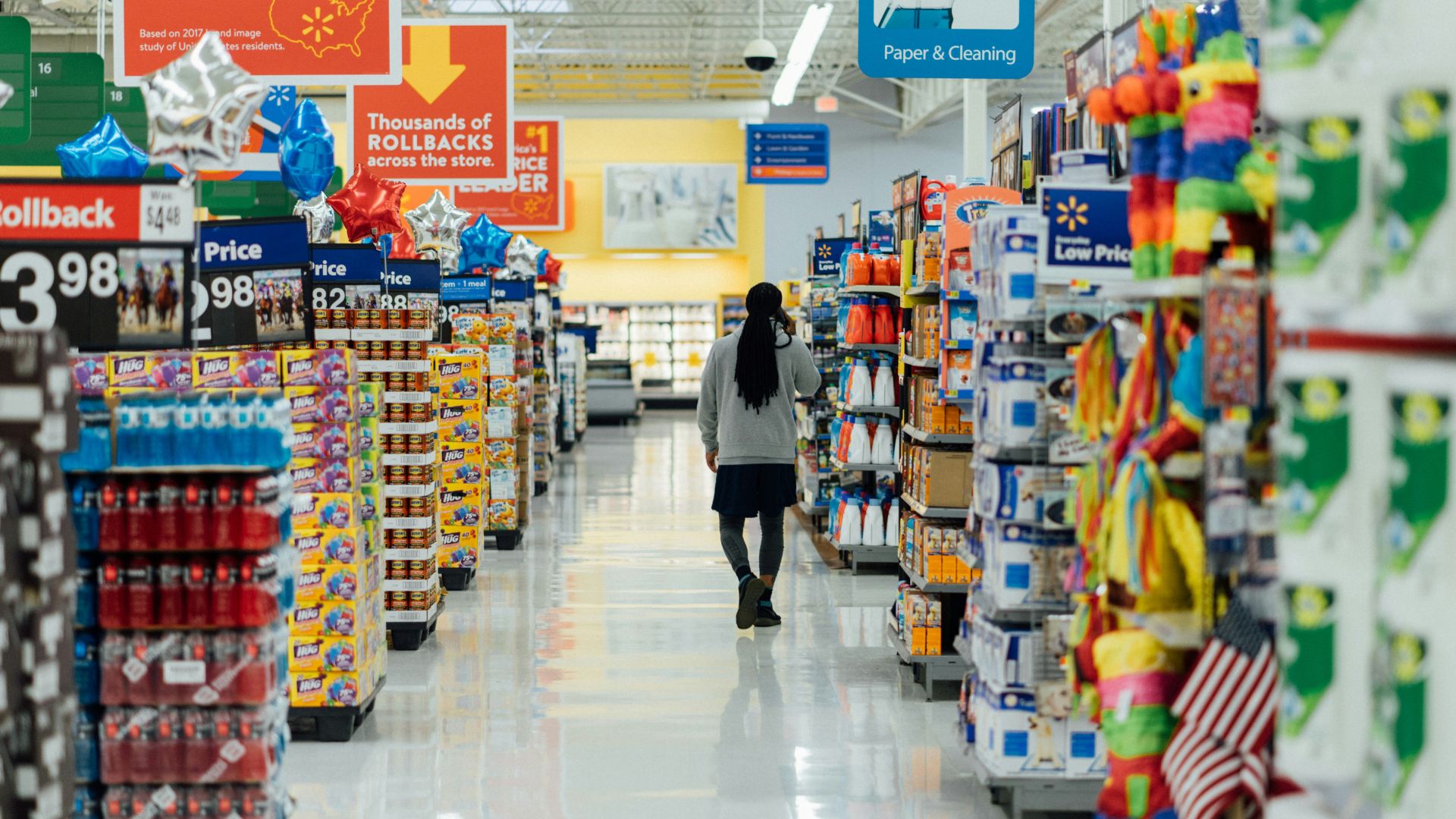
As the trial concludes and the public digests the information, the grocery industry may face new pressures for transparency and fairness in pricing.
The outcomes of this trial could influence future regulatory approaches to handling large mergers and ensuring competitive pricing remains fair for consumers, potentially setting new benchmarks for industry practices.
